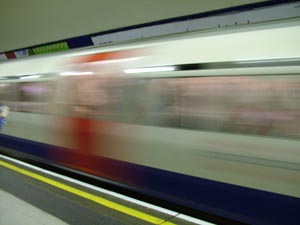
The letter, sent to the Brazilian ambassador, suggests how lessons from London 2012 could help Rio 2016 "cope with the pressure of additional visitors, deliver athletes to events swiftly and allow residents to get to work".
More than 60,000 million passengers used London’s transport network from 27 July to 9 September resulting in a 30% increase in tube passengers, a 47% rise in London Overground commuters and double the amount of DLR users.
Caroline Pidgeon, chair of the Transport Committee, said: "Rio faces new – and different – challenges in the run up to the Games in 2016, but London’s experiences can bring lessons to the table that are relevant to all cities planning to host the Olympics, World Cup or other major sporting events."
A report, titled , published by the London Assembly’s Transport Committee today suggests major investment, extensive testing of the transport network and a willingness amongst commuters to adapt their travel plans were among the factors that allowed London to cope successfully with the influx of additional visitors.
The report also sets out ways in which London can learn from the experience of hosting the Olympic and Paralympic Games, identifying six specific areas including activating ‘co-ordination teams’ between transport operators for major events.
"We must now make sure the £7.2bn invested in transport allows London to gain its own Olympic legacy," said Pidgeon. "Moving forward, lessons learnt could also potentially lead to the Tube running later at night and better transport co-ordination for future events held in the capital."
The Transport Committee is seeking a response from the Mayor and Transport for London (TfL) by April 2013.
Comment below and let us know what you think.
For more in-depth and print-only features, showcases and interviews with world-leading brands, don't miss the next issue of Event magazine by

